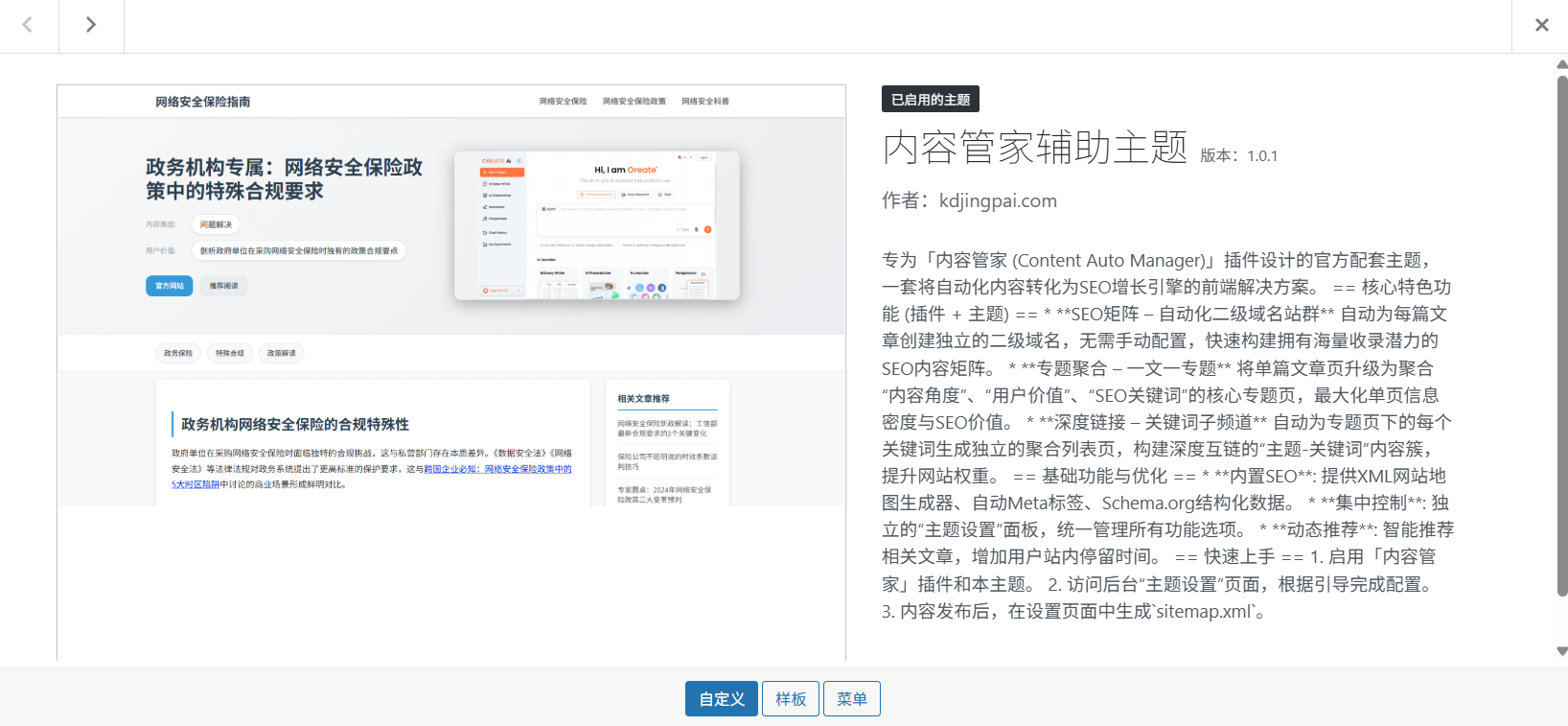memU does this by building an intelligentAutonomous Memory Agent(Memory Agent) to address the problem of ephemeral memory in large language models. This agent automatically decides which information to record, modify, or archive, consolidating fragmented conversational content into structured memory files. Specifically, it is realized through four core mechanisms:
- organization: Automatic management of memory files without manual intervention
- link (on a website): Associating Related Memories to Form Knowledge Maps
- evolve: AI generates new insights by analyzing existing memories when offline
- oblivion: Automatically adjusts memory priority based on frequency of use
This design allows AI to build long-term memories like humans, rather than relying only on temporary context windows.
This answer comes from the articlememU: an open-source framework for creating long-term memories for AI companionsThe
































